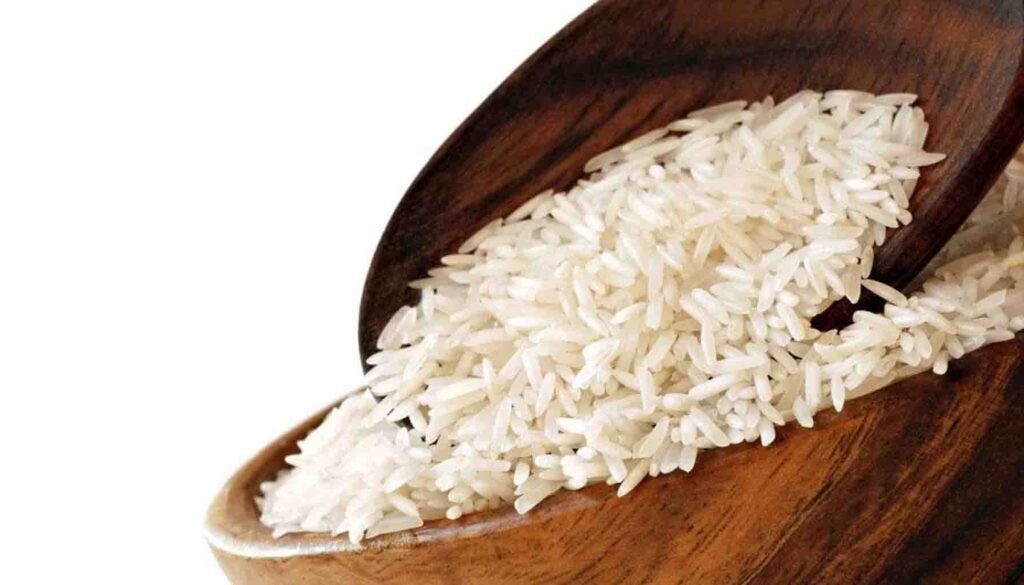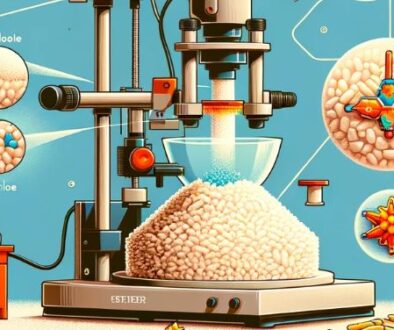The Health Benefits of Proper Nutrition: Rice Protein
Elevate nutrition with premium rice protein – high BV, ideal amino acids. Versatile and nourishing for health-conscious diets. Shop now!
Introduction:
Today, let’s delve into the ubiquitous staple in our daily lives—rice—and explore its protein component, known as rice protein.
Composition of Rice Protein:
Rice protein primarily consists of four types of proteins: albumin, globulin, alcohol-soluble protein, and glutelin. The embryo of rice, in particular, contains mainly glutelin, comprised of albumin (4%–9%), salt-soluble globulin (10%–11%), alcohol-soluble glutelin (3%), and alkali-soluble glutelin (66%–78%).
Among cereal proteins, rice protein boasts higher biological value (B.V.) and protein value (P.V.). Its amino acid composition is well-balanced, with elevated levels, making it unparalleled among plant proteins. Recognized as a high-quality food protein, rice protein aligns with the ideal model recommended by the World Health Organization (WHO) and the Food and Agriculture Organization (FAO). Notably, it is acknowledged for its high biological value, nutritional excellence comparable to eggs, milk, and beef, and low antigenicity, making it advantageous for the production of infant food.
Extraction and Utilization:
Various raw materials such as rice, rice bran, and rice husks can be used to extract rice protein. Researchers have proposed diverse preparation methods, including solvent extraction, enzyme extraction, alkaline extraction, acid extraction, physical extraction, and composite extraction. As of 2007, domestically available pure rice protein is generally categorized as feed-grade (typically around 65% content or lower), food-grade (typically around 80% content), and rice protein peptides (fully soluble in water, with 70-90% peptide content, food-grade).
Nutritional Value:
Regarded as a leader among cereal proteins, rice protein contains abundant essential amino acids, with lysine, the first limiting amino acid, exceeding the content found in other cereal proteins. Its amino acid composition closely resembles the pattern recommended by WTO/FAO, facilitating efficient digestion and absorption by the human body. Compared to other cereal proteins, rice protein exhibits higher biological value (BV) and protein efficiency ratio (PER), with BV reaching up to 77 and PER ranging from 1.36% to 2.56%, ranking first among various grains. Rice protein surpasses wheat and corn proteins in quality, containing high-quality lysine, low allergenicity, making it ideal for infant food development. Additionally, rice protein can be processed into soy sauce, high-protein powder, protein beverages, protein hydrolysates, and protein foaming powder. If degraded into short peptides or amino acids, it can be used to produce highly nutritious amino acid solutions for health drinks, condiments, food additives, and more.
Characteristic Properties:
Rice protein exhibits lower solubility due to the predominant presence of alkali-soluble glutelin, comprising 75%–90% of rice protein. Modifications, such as deamidation using an acid method, can enhance solubility, reaching a maximum dissolution rate of 96.6%. Heat-induced denaturation leads to decreased solubility, potentially forming insoluble components. Emulsification, encompassing emulsifying activity and stability, is a vital function of proteins. Acid and alkali treatments can alter protein charge properties, affecting molecular conformation and potentially improving protein functionalities such as emulsification and foaming. Rice protein’s low solubility and high molecular weight limit its emulsification performance, which can be improved through structural modifications. Enzymatic treatment of rice protein with flavor protease, for instance, enhances its emulsification and stability under certain conditions.
Elevate Your Nutrition with ETprotein’s Premium Rice Protein
As we conclude our exploration into the nutritional wonders of rice protein, I wholeheartedly recommend ETprotein’s exceptional rice protein. Renowned for its superior quality and ideal amino acid composition, ETprotein’s rice protein is a standout choice for those seeking a wholesome and versatile dietary supplement. Whether you’re crafting infant food, protein beverages, or health drinks, ETprotein ensures the highest standards of purity and nutritional excellence. Elevate your nutrition with ETprotein’s premium rice protein – a wise and health-conscious choice for a balanced and nourishing diet.
Conclusion:
In conclusion, rice protein stands out as a valuable dietary component, offering not only nutritional excellence but also versatility in various food applications. Its unique properties and composition position it as a key player in the realm of plant-based proteins, contributing to the development of healthier and more sustainable food options.














